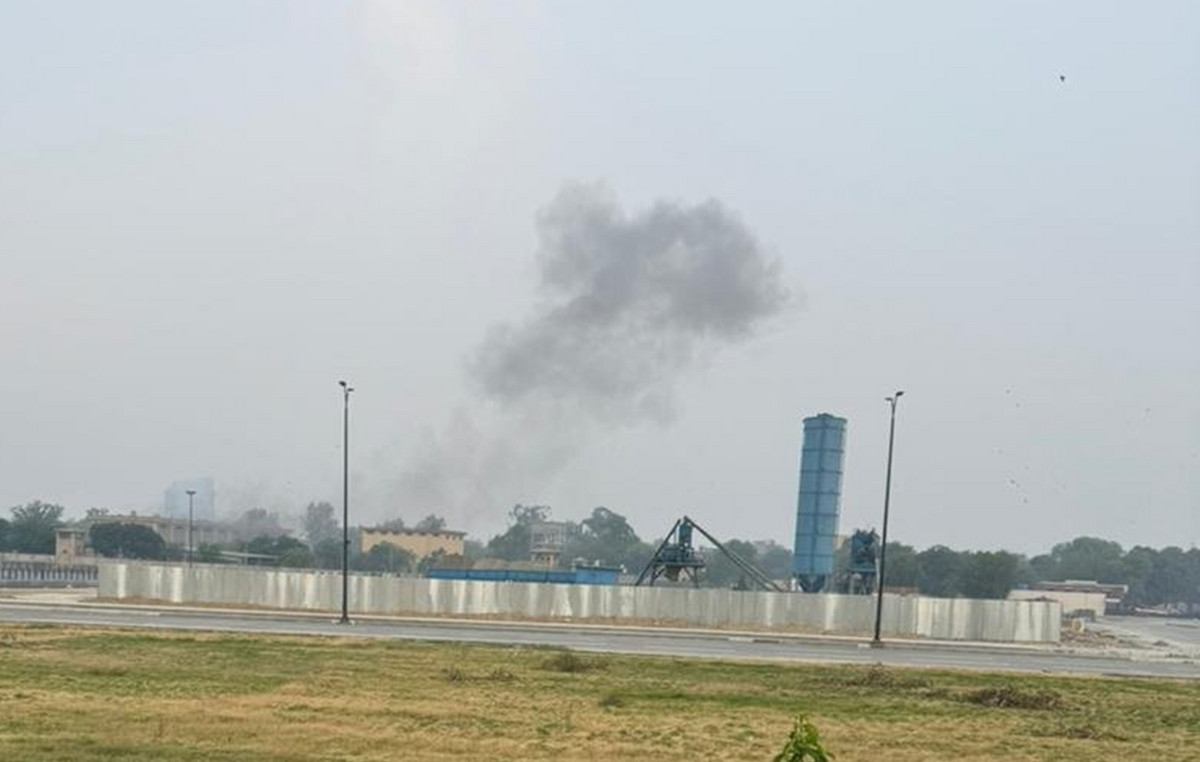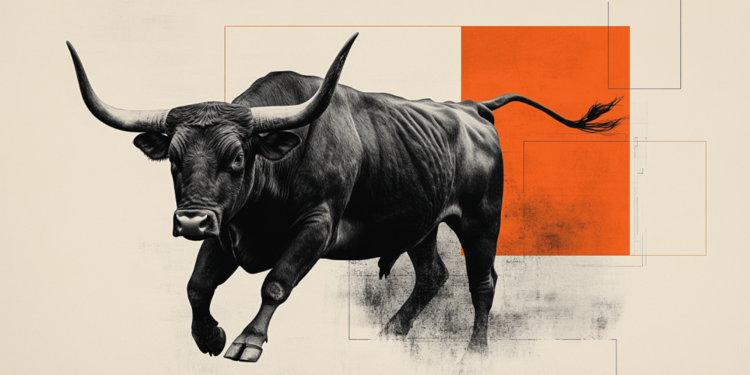Brazil already has 31.1% more cases of chikungunya than registered last year, according to the latest epidemiological bulletin released by the Ministry of Health, in December.
There were 93,400 occurrences from January to December 4th, with a rate of 43.8 notifications per 100,000 inhabitants. The highest incidence occurred in the Northeast, followed by the Southeast and Center-West regions.
So far, 13 deaths from the disease have been confirmed in the country and there are still another 24 under investigation. Six deaths occurred in the state of São Paulo, in addition to two in Pernambuco and Espírito Santo. Bahia, Minas Gerais and Sergipe had one death each.
Given the situation, the Ministry of Health warned in the document for what it classified as “the need to implement actions to reduce cases and detailed investigation of deaths, to support the monitoring and assistance of severe cases and prevent new deaths”.
In the proportion of cases per 100 thousand inhabitants, Pernambuco (322.3), Paraíba (238.8), Sergipe (132.9), Rio Grande do Norte (127.2), Espírito Santo (39.7) and São Paulo (39.2) were the states that recorded the most occurrences of chikungunya.
In the same pattern of analysis, Santa Catarina (1.6), Paraná (1.7), Maranhão (1.9), Rio Grande do Sul (2.7), Pará (2.8) and Rio de Janeiro (3 ,1) were the states in which, proportionally, there were fewer cases.
Chikungunya is transmitted by the bite of a mosquito of the genus Aedes. According to Fiocruz, in urban centers the main transmitter is Aedes aegypti. In rural or wild environments, the vector is Aedes albopictus.
Once infected, the person no longer catches the disease. It’s immune for life.
The main symptoms are high fever with rapid onset, severe pain in the joints of the feet and hands, in addition to the fingers, ankles and wrists. There may also be headache, muscle pain and red patches on the skin. There is still no vaccine or medicines against chikungunya. Thus, the only form of prevention is to fight the mosquito, keeping the home always clean and eliminating possible breeding sites.
Wanted to comment on the increase in chikungunya cases and measures to prevent the spread of the disease, the Ministry of Health has yet to comment.
Reference: CNN Brasil







